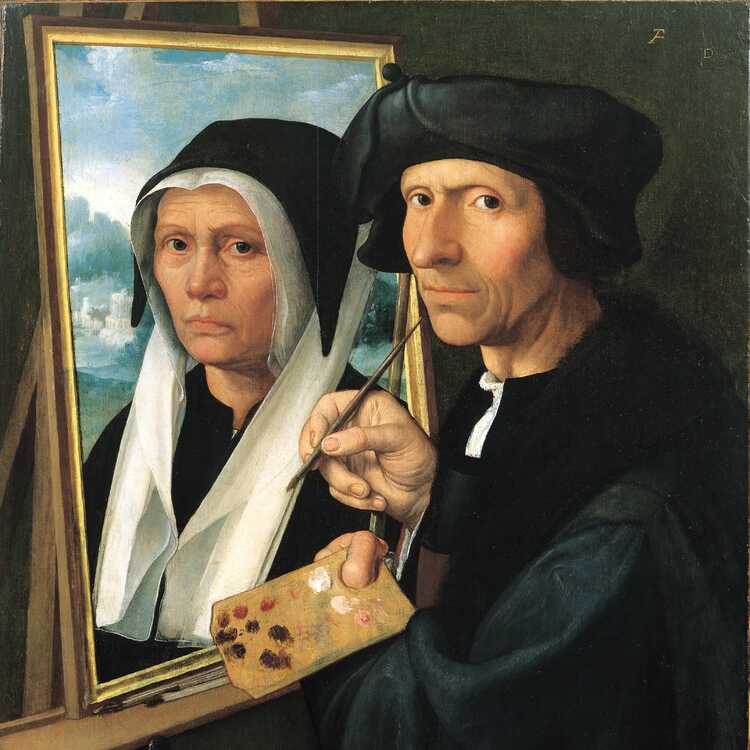Amsterdam Museum’s main theme is Amsterdam’s history. If you have ever visited the museum, you’ll know that it’s a place where you can read, see, hear and feel how the city has grown into the metropolis it is today. The museum’s many top exhibits give a sense of the city’s history: from a mediaeval bird’s-eye view of the city to an anatomical lesson by Rembrandt and from Dam Square by Breitner to a portrait of Theo van Gogh. So what is the museum’s role in the Van Oostsanen exhibition?
Amsterdam is the central theme at Amsterdam Museum. So naturally, the emphasis in this section of the exhibition is on Jacob’s connection to Amsterdam. In Jacob’s day, Amsterdam was Catholic through and through. The city was full of churches and religious houses, and attracted many pilgrims. The Miracle of Amsterdam, a marvel that took place in 1345, put the city on the map and high on the list of places to visit.
From his workshop on Kalverstraat, Jacob would have been able to watch the pilgrims as they filed past to visit the site of the miracle. Were these pilgrims customers, and if so how important were they? And how did Jacob gain the patronage of Amsterdam’s wealthy families? Why is he seen as the city’s first cultural entrepreneur? Does it have something to do with the way he developed his studio into a thriving, productive workshop? Amsterdam Museum offers answers to all these questions and more, with information about Jacob’s Amsterdam, his patrons and his workshop.
Jacob’s Amsterdam
#Van Oostsanen at Amsterdam Museum
Van Oostsanen: The First Dutch Master is a three-part exhibition: a triptych. One of the three locations in which it takes place is Amsterdam Museum.

224 keer bekeken

